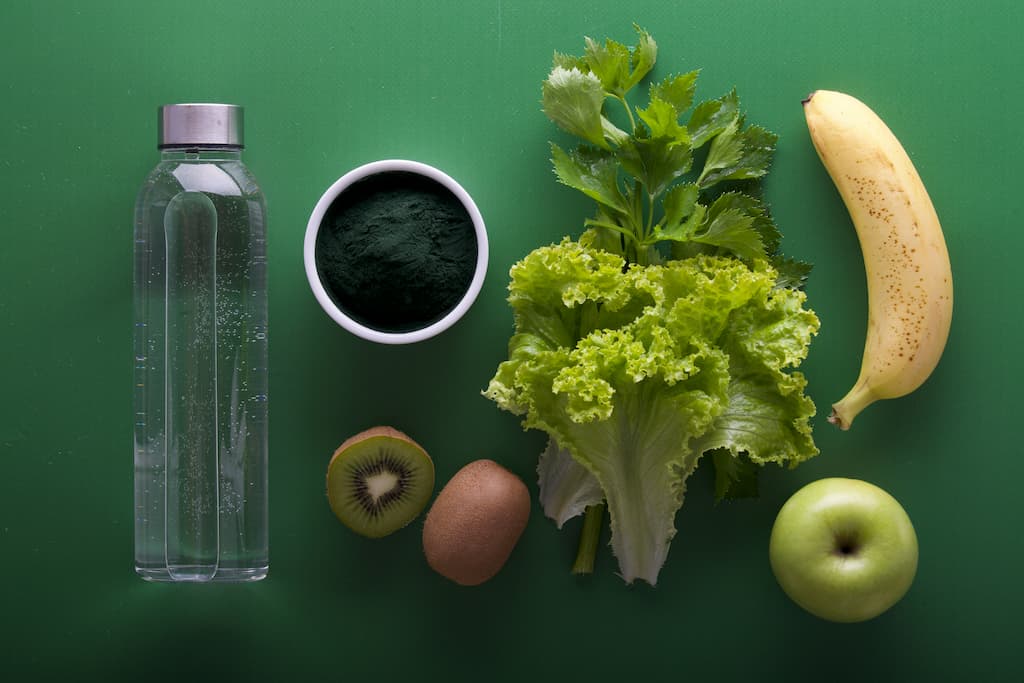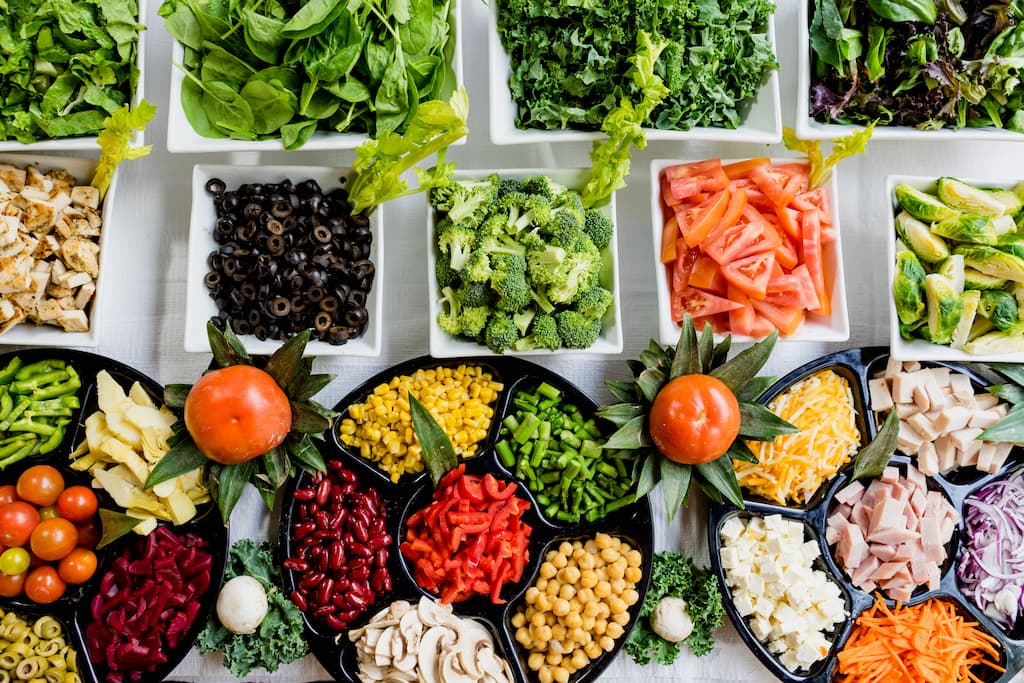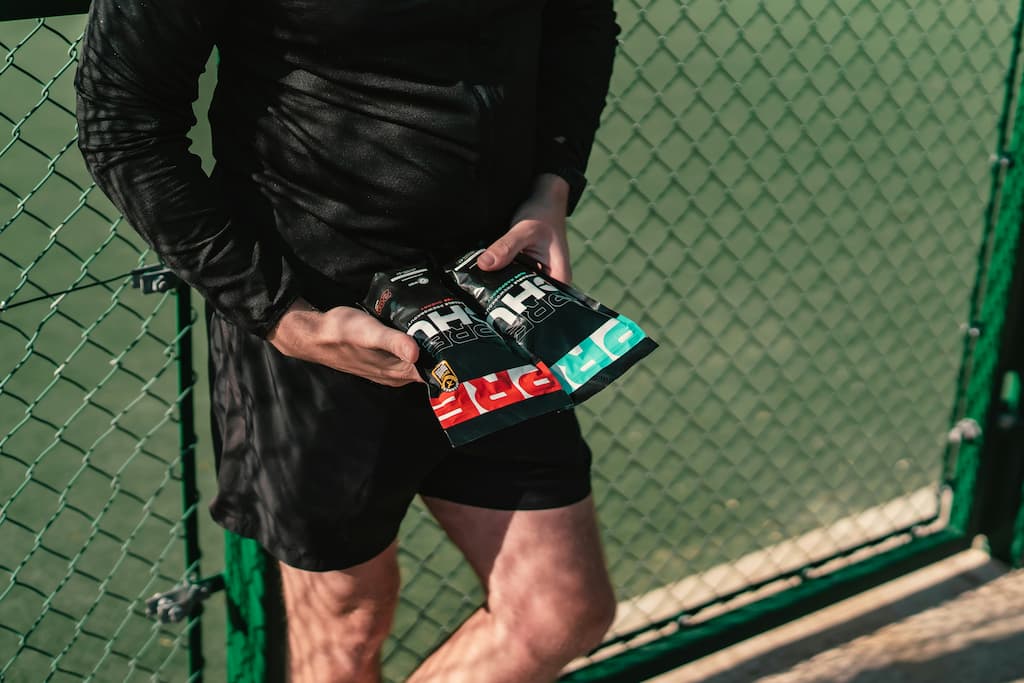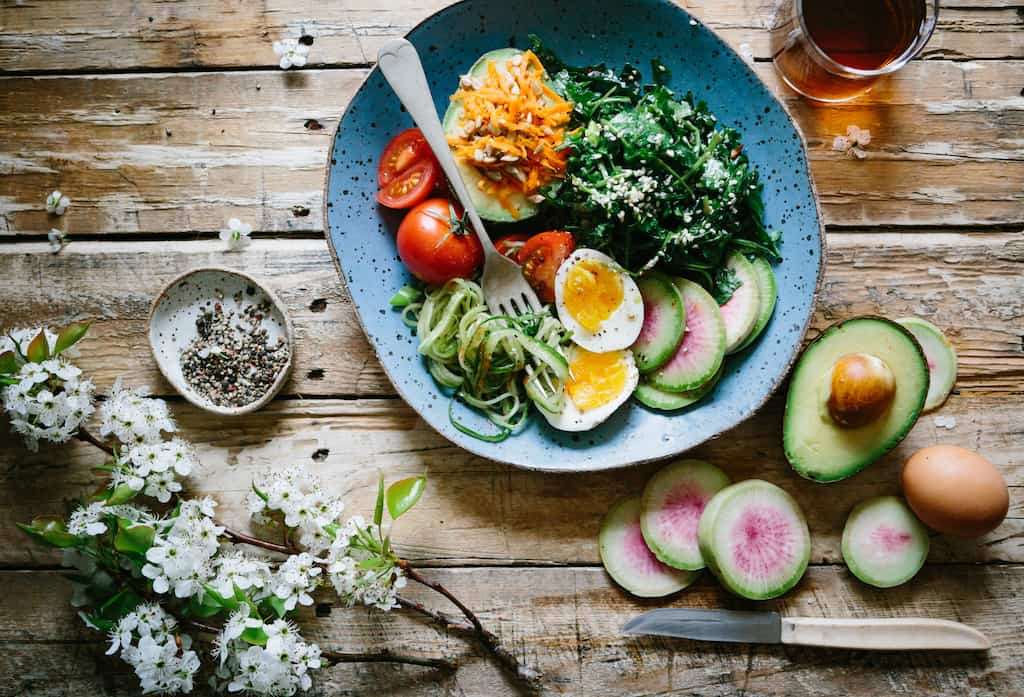As with any sport, the performance of a Padel player is not solely dependent on skill and training but also on the right nutrition. For Padel players looking to enhance their performance, a balanced diet rich in carbohydrates, moderate in proteins, and low in fats is key. Carbohydrates provide the immediate energy needed for quick movements and endurance, while proteins support muscle protein synthesis and recovery. Healthy fats are essential for long-term energy and overall health benefits. Hydration also plays a crucial role, as it impacts not only physical performance but cognitive function as well. Tailoring these nutritional components to your training and match schedule can lead to noticeable improvements on the court.
Key Takeaways
- Consume a diet high in complex carbohydrates to fuel quick movements and maintain endurance during matches.
- Incorporate lean proteins to aid muscle protein synthesis and recovery post-play.
- Stay well-hydrated to ensure peak performance and cognitive performance.
Key Components of a Padel Player’s Diet

A proper diet is essential for any athlete, and Padel players are no exception. A well-balanced diet can help Padel players perform better on the court and recover faster after matches. Here are some key components of a Padel player’s diet:
Water
Staying hydrated is crucial for Padel players. Dehydration can lead to fatigue, cramps, and poor performance on the court. Players should aim to drink at least 8-10 glasses of water per day, and more if they are playing in hot weather.
Carbohydrates
Carbohydrates are the primary source of energy for the body, and Padel players need plenty of them to perform at their best. Good sources of carbohydrates include whole grains, pasta, and sweet potatoes.
Protein
Protein is essential for building and repairing muscles, and Padel players need to consume enough of it to support their active lifestyle. Good sources of protein include lean meats, fish, tofu, and eggs.
Fats
While many people think of fats as unhealthy, they are actually an important part of a balanced diet. Padel players should aim to consume healthy fats, such as those found in nuts, seeds, and olive oil.
Fruits and Vegetables
Fruits and vegetables are packed with vitamins, minerals, and antioxidants, making them an essential part of any diet. Padel players should aim to consume a variety of fruits and vegetables to ensure they are getting all the nutrients they need.
Whole Foods
Processed foods rich in preservatives should be avoided as much as possible. Instead, Padel players should focus on consuming whole foods, such as brown rice, fruits, and vegetables.
Lean Proteins
Lean proteins, such as chicken and fish, are an excellent source of protein without the added fat found in red meats.
Dairy
Dairy products, such as low fat milk and yogurt, are a good source of calcium, which is important for bone health. However, players who are lactose intolerant or have dairy allergies can get calcium from other sources, such as leafy greens and fortified non-dairy milks.
Macronutrients and Padel Performance
Carbohydrates: Fuel for the Padel Player
The Role of Carbohydrates in Energy Production
Carbohydrates are the primary energy source for Padel players, especially during high-intensity matches where quick bursts of energy are essential. The body converts carbohydrates into glucose, which is then utilized for immediate energy or stored as glycogen in muscles for later use.
Best Sources of Carbohydrates for Padel Players
Complex carbohydrates are ideal for sustained energy. These can be found in foods rich in nutrients such as whole wheat pasta, legumes, and starchy vegetables. For quick energy, simple carbohydrates from fruits or energy gels can be consumed during matches.
Timing of Carbohydrate Intake Around Training and Matches
To maximize the benefits of carbohydrate intake, players should consume a meal high in carbohydrates 3-4 hours before a match for adequate digestion and energy intake. A small, carb-rich snack 30 minutes before playing can also provide a quick energy boost.
Proteins: Building and Repairing Muscle
Importance of Protein for Muscle Recovery
After a Padel match or training session, muscles need protein to repair and grow. This macronutrient is vital for maintaining muscle mass and promoting recovery, allowing players to train effectively and reduce the risk of injury.
Recommended Protein Sources for Athletes
Quality protein sources include lean beef, fish, dairy products, eggs, and for those on plant-based diets, legumes, and soy products. A variety of protein sources ensures the intake of all essential amino acids.
Protein Timing for Optimal Muscle Repair
Protein intake should be spread throughout the day, with an emphasis on post-training meals. Consuming a protein shake within 30 minutes to two hours after exercise can optimize muscle protein synthesis.
Fats: Sustained Energy and Health
The Role of Fats in Long-Term Energy Storage
Fats provide a concentrated source of energy, essential for the longer duration aspects of Padel matches. They also play a crucial role in hormone production and the absorption of fat-soluble vitamins.
Healthy Fats for Padel Players
Focus on unsaturated fats found in nuts, seeds, avocados, and oily fish. These fats are beneficial for heart health and can help reduce inflammation.
Balancing Fat Intake with Other Macronutrients
While essential, fats should be consumed in moderation, as they are calorie-dense. The right balance with carbohydrates and proteins is crucial for optimal athletic performance.
Planning and Timing of Meals for Optimal Performance
To perform at their best in Padel, players need to fuel their bodies with the right nutrients at the right time. Planning and timing of meals is crucial to ensure sustained energy stores throughout the game.
Pre-Game Meal
The pre-game meal should be consumed 2-3 hours before the game to allow enough time for digestion. A well-balanced meal containing complex carbohydrates, protein, and healthy fats is ideal. Grilled chicken, turkey, or beans with a side of vegetables and whole grains are good options. Avoid high fat foods and spicy foods that can cause digestive discomfort.
Snacks
A light snack can be consumed 30 minutes to an hour before the game to provide a quick energy boost. Energy bars, nut butter with whole-grain crackers, or a protein shake are good options. Make sure to choose snacks that are easy to digest and won’t cause a sugar crash.
During the Game
To maintain energy levels during the game, it’s essential to stay hydrated and refuel with small snacks. Sports drinks, water, and electrolyte solutions can help replenish fluids and glycogen stores. Energy gels or chews can provide a quick energy boost without causing digestive discomfort.
Post-Game Recovery
After the game, it’s crucial to refuel with a balanced meal containing protein, complex carbohydrates, and healthy fats. Turkey or grilled chicken with a side of vegetables and whole grains are good options. It’s also essential to rehydrate with fluids and electrolytes to aid in recovery.
Nutrition Planning and Meal Ideas

Creating a Weekly Nutrition Plan for Training and Matches
To optimize performance for training and matches, Padel players should structure their weekly nutrition plans with precision. This involves aligning carbohydrate intake to match activity levels, ensuring adequate protein for muscle repair, and including fats for overall health. Carbohydrate loading before match days, for instance, can be beneficial, while increasing proteins on training days aids in muscle recovery.
Sample Meal and Snack Ideas for Padel Players
For sustained energy and optimal performance, each meal should include a balance of macronutrients. A breakfast of oatmeal with berries provides slow-releasing energy, while a lunch of quinoa salad with grilled chicken, mixed greens, and a variety of colorful vegetables offers an ideal mix of complex carbs and protein. Snacks could include Greek yogurt with nuts, a piece of fruit, or whole-grain toast with avocado. Post-training, a dinner of salmon, sweet potato, and broccoli can aid in recovery.
Adapting Nutrition Plans to Individual Needs and Preferences
Personalization is key in nutrition planning. Athletes should consider their dietary fat restrictions, allergies, and personal taste preferences. For instance, a lactose-intolerant player might choose almond milk over low fat milk, while someone with a gluten sensitivity might opt for gluten-free grains like buckwheat or rice.
Supplements and Padel Performance

When to Consider Supplements
Supplements should complement, not replace, a balanced diet. They may be considered when a specific nutritional deficiency is identified or when advised by a healthcare professional. It’s vital to approach supplementation with caution, ensuring it’s necessary and beneficial before starting.
Common Supplements for Sports Performance and Their Effects
Creatine can support short bursts of power, making it valuable for the explosive movements in Padel. Caffeine, consumed in moderation, can heighten focus and energy levels during a match. Whey protein is widely used for its convenience and efficiency in aiding muscle recovery post-exercise.
Legal and Health Considerations for Supplementation
Always check that supplements are compliant with sports nutrition regulations and are not on the banned substances list. It’s also crucial to ensure they are age-appropriate and do not pose health risks.
Common Nutritional Challenges for Padel Players
Managing Energy Levels Throughout a Match
To maintain energy levels, players should consume small, balanced snacks that provide a steady release of energy stores. A banana or a small granola bar, both healthy sources of nutrients, can be easily consumed during brief breaks in play to facilitate muscle protein synthesis.
Weight Management and Body Composition
Monitoring food intake and focusing on foods rich in nutrients yet low in calories can help manage body weight and body composition effectively. Eating lean proteins, whole grains, such as brown rice and whole wheat pasta, and plenty of fruits and vegetables is key. These proper nutrition choices offer health benefits beyond just weight management, including improved recovery and peak performance.
Travel and Nutrition for International Competitions
When traveling, research restaurants and supermarkets in advance to ensure access to the foods that fit your nutritional plan. Pack non-perishable staples and snacks, such as low fat milk, lean beef jerky, or a protein shake, to avoid being caught unprepared. These steps ensure your fluid intake and dietary fat levels remain consistent, helping you avoid high fat foods and spicy foods that may disrupt your routine.
Frequently Asked Questions
What are some recommended pre-game meals for optimal performance in Padel?
A balanced meal consisting of carbohydrates, protein, and healthy fats is recommended before playing Padel. Some examples of pre-game meals include grilled chicken with sweet potato and vegetables or a quinoa salad with avocado and grilled shrimp.
What are some key nutrients to consider when fueling for Padel?
Carbohydrates are the primary fuel source for physical activity, so it’s important to consume enough to maintain energy levels during a match. Additionally, protein is necessary for muscle repair and recovery, and healthy fats can provide sustained energy. It’s also important to consume adequate amounts of vitamins and minerals, such as potassium and magnesium, to support muscle function.
How does nutrition impact muscle recovery after playing Padel?
Consuming a combination of carbohydrates and protein within 30 minutes of finishing a match can help replenish glycogen stores and support muscle repair and recovery. Additionally, staying hydrated and consuming anti-inflammatory foods, such as fruits and vegetables, can aid in reducing muscle soreness.
What are some healthy snack options to refuel during a long Padel match?
Fruit, nuts, and energy bars are great options for refueling during a long Padel match. It’s important to choose snacks that are easily digestible and provide quick energy, such as bananas or dates.
Can a balanced diet improve overall Padel game?
A balanced diet can provide the necessary nutrients and energy to support optimal physical performance during Padel. Consuming a variety of nutrient-dense foods, such as fruits, vegetables, whole grains, and lean protein, can also help improve overall health and wellbeing, which can indirectly impact Padel performance.
What are some hydration strategies to optimize performance during Padel?
Staying hydrated before, during, and after a match is crucial for optimal Padel performance. Drinking water and electrolyte-rich beverages, such as coconut water or sports drinks, can help maintain hydration levels. It’s also important to monitor urine color, as darker urine can indicate dehydration.

